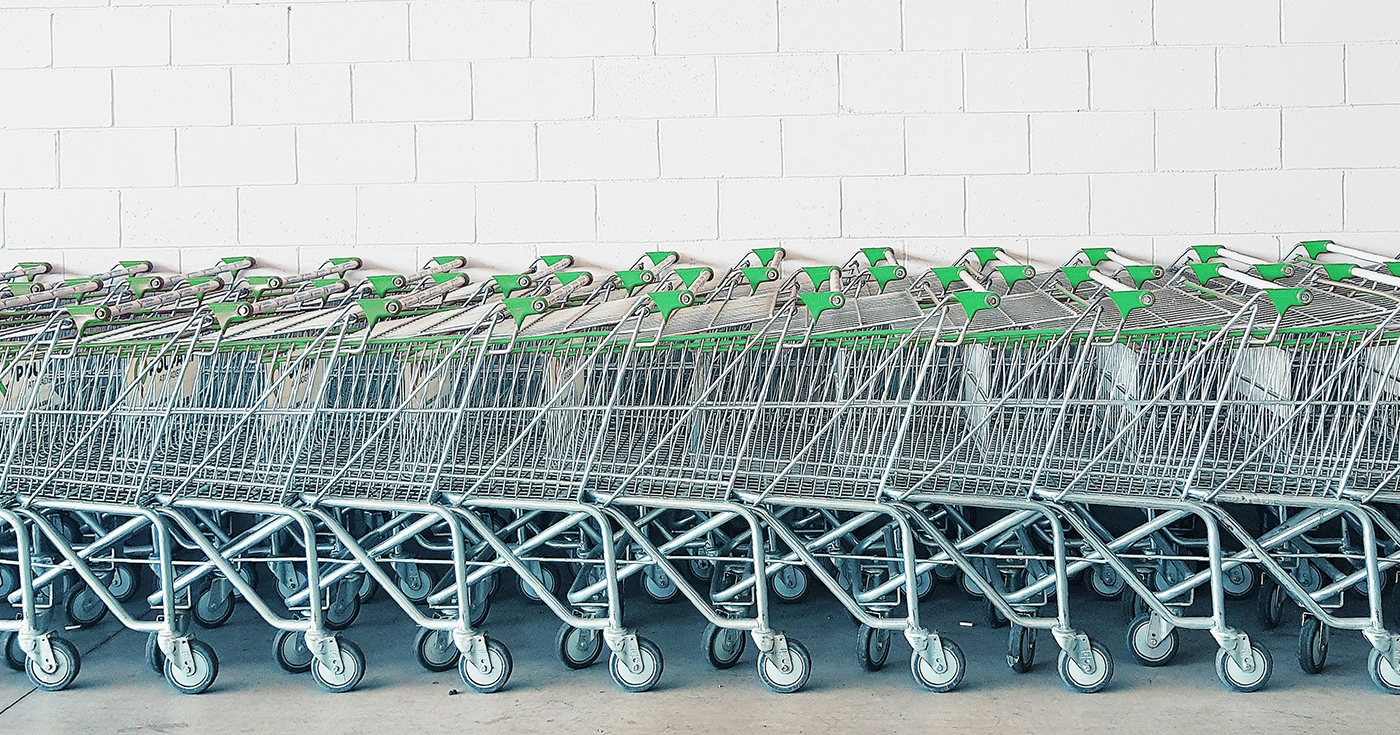
Supermarket market key trends 2024
The supermarket market in Spain has undergone significant transformations in recent years, driven by both technology and changes in consumer habits. From an increase in the demand for organic and private label products to the use of artificial intelligence in inventory management, the sector faces new needs and advancements.
The supermarket landscape in Spain in 2024 anticipates the expansion of major chains, supported by omnichannel strategies, while maintaining investor appeal due to the defensive profile of these assets. Below, we analyze the main trends and growth drivers in the sector for this year.
Private label expansion and new consumer preferences
Private labels have gained significant ground in Spain, reflecting a consumption trend driven by the desire to save. Promotions and discounts have increased to attract increasingly budget-conscious consumers. In this context, private label products represent 81.9% of Lidl’s total offerings and account for 74.5% of Mercadona’s business through its Hacendado brand, with both chains capturing one-third of the Spanish market. This model is also key for Aldi, with a 61.1% share of private labels, and Dia, where it reaches 56.3%.
On the other hand, organic foods, though more expensive, have shown surprising resilience, indicating that consumers value sustainability even in the face of rising prices. Likewise, omnichannel strategies have been consolidated in the sector, with supermarkets offering both in-store and digital options. Payment methods have also diversified: deferred payment options, increasingly popular, allow consumers to better manage their budgets and access essential products without compromising immediate liquidity.
Innovation and technology: AI and efficient distribution
According to data collected by Savills, artificial intelligence is transforming internal supermarket operations, optimizing inventory management and improving the personalization of offers to align with individual preferences. This use of AI enables demand forecasting and real-time stock adjustment, minimizing waste and reducing operational costs.
At the same time, physical stores are being used as pick-up points for online orders, and collaborative delivery services are gaining importance. This combination of strategies not only improves logistical efficiency but also helps reduce the sector’s carbon footprint.
Physical spaces: fewer stores, larger surface areas
The sector has adjusted its physical business model: while the total surface area dedicated to food has increased by 7% compared to 2019, the number of establishments has decreased by 4%. This reflects an optimization of space, concentrating a greater variety of products in larger stores rather than multiplying points of sale. Currently, the average supermarket density in Spain is 358 m² per 1,000 inhabitants and five establishments per 10,000 people.
Locations in high tourist traffic areas or affluent regions can command rents of up to €18/m² per month, while the average remains around €9/m². These attractive rents are another incentive for investors to maintain their interest in this segment, which enjoys high stability and demand.
Expansion of major chains and investment opportunities
Mercadona continues to lead the market, with a 29% sales share, focusing its expansion plans on Portugal while modernizing its stores in Spain. Additionally, major chains are investing in opening new locations or acquiring supermarket portfolios, though the limited availability of portfolios for sale has slowed some operations.
These assets remain attractive to investors. In many cases, they offer returns higher than those provided by residential investments. According to the real estate portal Idealista, commercial properties are the most profitable asset in nearly all Spanish capitals, with an average yield of 9.9%, compared to 7.1% for residential properties.
In conclusion, the supermarket market in 2024 reflects a continuous adaptation to consumer changes and technological opportunities, consolidating its relevance as an investment opportunity. With the expansion of private labels, omnichannel strategies, and AI usage, supermarkets are redefining their operating models to remain competitive and aligned with new needs. For investors, the sector offers a moderate risk profile and promises stability, making it an ideal alternative in an economic environment that favors low-volatility assets.

